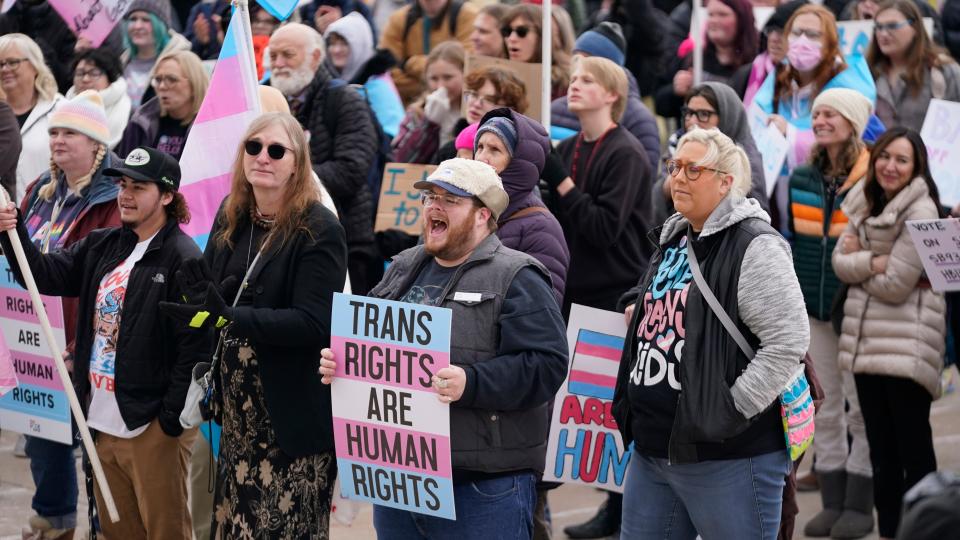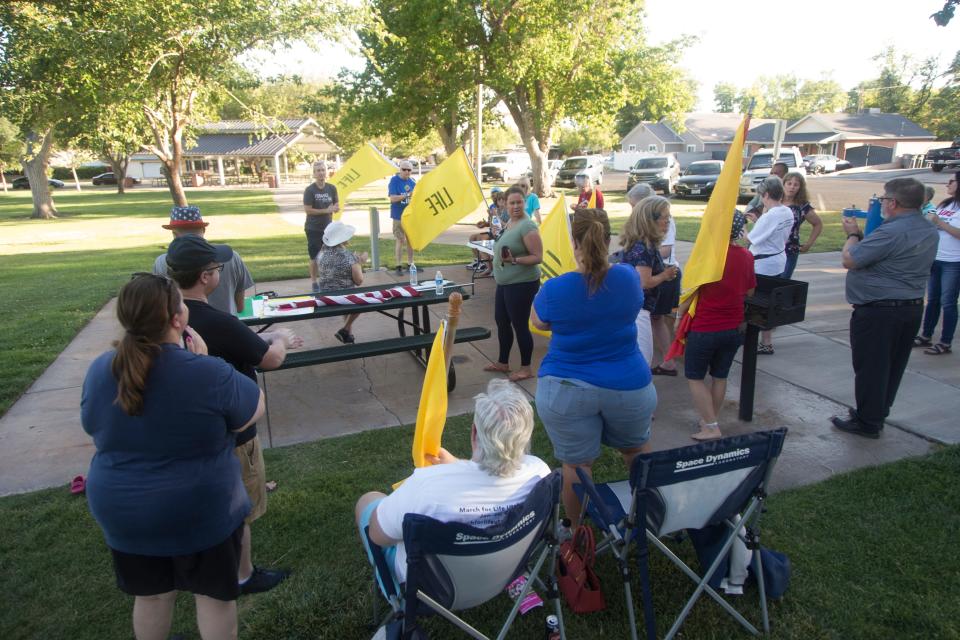Utah lawmakers pave way for challenge to hold on state's abortion ban

Utah lawmakers passed a bill that could make it easier for opponents to challenge a court-ordered hold on the state's proposed abortion ban.
House Resolution 2, which legal experts say could pave the way for the state's next challenge to a preliminary injunction issued against the ban, won a 57-to-14 vote from the state House of Representatives on Tuesday. It changes civil procedure rules and, because it earned supermajority approvals in both the Senate and House, goes into effect immediately.

The bill's sponsor, Rep. Brady Brammer, R-Pleasant Grove, said the measure wasn't meant to directly address the abortion ban, but acknowledged that the move could make it harder for judges to grant such injunctions. Going forward, litigants must demonstrate their cases had a "substantial" likelihood of success before they can secure a preliminary injunction.
The change would not overturn the abortion ban injunction immediately but could require the courts to reconsider specific cases under the new rules.
Opponents protested the change, saying it could undermine fundamental governmental checks and balances, potentially having a widespread effect on emergency orders of all kinds, especially in family law cases.

A late amendment to the measure narrowed the possibility of reconsideration to only injunctions against state laws, but that would include the abortion ban and a similar injunction in place against the state's ban on transgender youths participating in public school sports.
“It should be alarming to everyone that legislators are willing to weaken the democratic structures of the state to change court orders that they disagree with,” said Karrie Galloway, President and CEO of Planned Parenthood Association of Utah, in a written statement. “Instead of altering the rules in the middle of the game by rewriting the standards for Utah's courts, the Legislature should do its job and focus on providing more stability and security to Utah families.”
Planned Parenthood of Utah and the American Civil Liberties Union of Utah sued the state last summer after its "trigger law" banning abortions automatically went into effect after the U.S. Supreme Court overturned the landmark abortion rights case Roe v. Wade in June.
The trigger law would ban abortions except to avert death or irreversible impairment to the pregnant person. Utah's law also allows abortions in some cases where the fetus has a “severe brain abnormality” or when the pregnancy is the result of rape or incest, if a doctor has verified the incident was reported to police.
Under the law, anyone found guilty of performing an abortion could face up to 15 years in prison.
State lawmakers in Utah's Republican supermajorities have been searching for ways to push the law into effect, with advocacy groups arguing that abortions conducted since the injunction could have been prevented.
This article originally appeared on St. George Spectrum & Daily News: Utah paves way for challenge to hold on state's abortion ban

